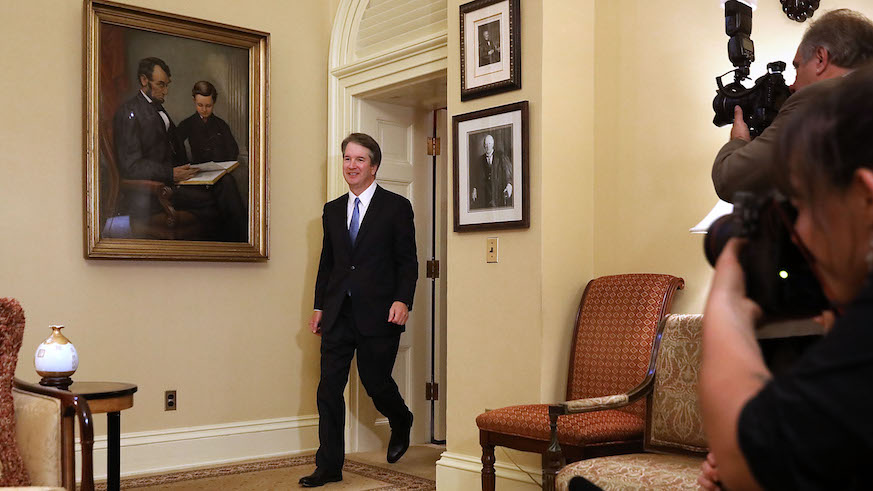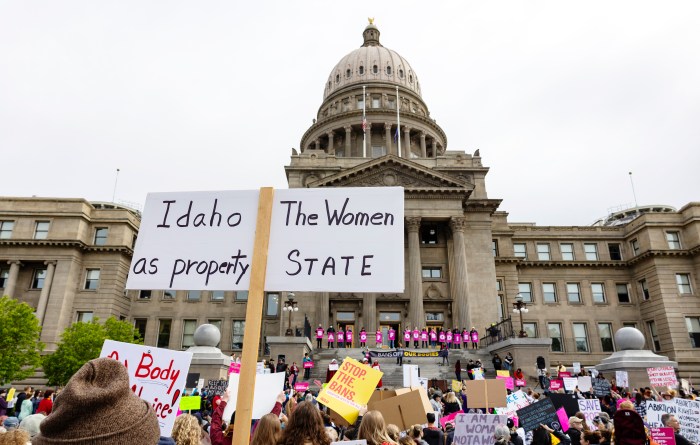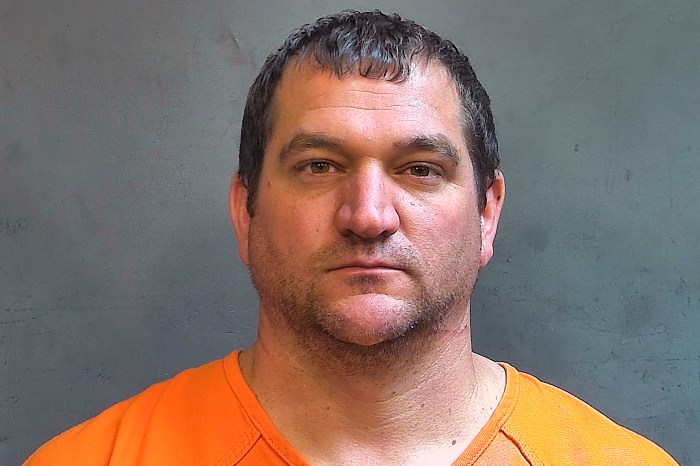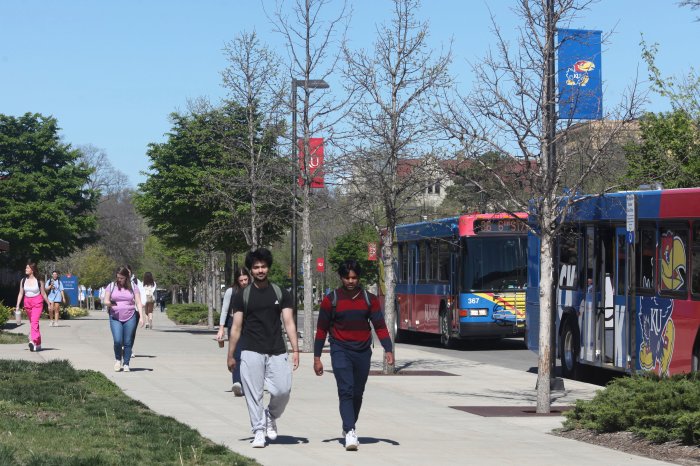Minutes after President Donald Trump’s nominee to the Supreme Court was announced on Monday night, the political hype machine started winding up. Strong opinions were trumpeted, both for and against Judge Brett Kavanaugh, who was unknown to most Americans just days ago.
“Judge Kavanaugh should not be allowed anywhere near our nation’s highest bench,” cried Democratic National Committee chair Tom Perez. “A superb choice,” retorted the conservative Federation for American Immigration Reform. “Kavanaugh has spent his career ruling against working people in favor of wealthy corporations,” claimed 32BJ SEIU Pennsylvania and Delaware vice president Gabe Morgan. “A judicial grand slam!” said Horace Cooper, co-chair of the black conservative group Project 21, adding, “Those who love our Constitution will be thrilled.”
But in fact, according to Rutgers Law School professor Perry Dane, all this politicking and noise is precisely the problem that is hampering the U.S. Supreme Court from fulfilling its function as the third branch of government, empowered under Article 3 in the U.S. Constitution.
”The whole process is just bizarre. This is not how judges should get selected,” Dane said. “It’s really not up to justices to either affirm or disappoint their supporters. In principle, once they’re appointed, they’re supposed to be free agents, using their best judgment.”
What can we expect during the confirmation hearings for Judge Kavanaugh? A “free-for-all,” said Dane, who clerked for US Supreme Court justice William J. Brennan in the 1980s.
“I’m frankly not looking forward to it. Whoever Trump nominates will be well-prepared and well-rehearsed not to say anything of much interest. … There will be an effort to tease specific views from them, and the nominee will say very general things and will talk about judging in very bland terms,” he predicted. “There’s going to be all the worst aspects of a political campaign without any of the actual information.”
Perry predicted that with a Republican majority in the Senate, huge pressure will be brought to bear upon sens. Susan Collins (R-ME) and Lisa Murkowski (R-AK), who are seen as potential swing votes. But otherwise, the public can expect a vote along party lines.
“Most Republicans are going to vote yes, most Democrats will vote no,” Dane said. “One of the things I’m not looking forward to in this process is presumably the opponents will try to figure out some personal defect. … If that happens there’s a risk of it getting particularly ugly.”
“If I were the Democrats, my opposition would be much less tied to the personality of the candidate,” he continued. “I would say we shouldn’t have anybody until the election, or not let Trump get two nominations after the fiasco with Merrick Garland, or shouldn’t let Trump pick somebody while the Mueller investigation is going on.”
A better way?
As an example of a better system, Dane cited the United Kingdom, where three new justices, nominated by a neutral judicial commission, were appointed to the nation’s 12-judge Supreme Court in 2017.
“Even though it is a very important court that issues very important decisions, there wasn’t nearly the same sort of fuss or sense of political crisis,” Dane said. “They really tried to pick the three judges in the country who were the most superbly qualified.”
He argued that past Supreme Courts have had more “flexible” judges, like retiring Justice Anthony Kennedy, who despite being a Republican was known for authoring some of the court’s most progressive opinions.
“If I were designing a Supreme Court, I might have a few people who were very clearly ideologues on the left and ideologues on the right, and I’d have a nice mushy center of people who were willing to be convinced one way or the other on each case and issue,” he said. “The current split is very identified with our political parties. … You really have the Supreme Court viewed as another legislature. People just get used to it and they forget that it’s bizarre and weird and bad, both for the law and the country.”



















